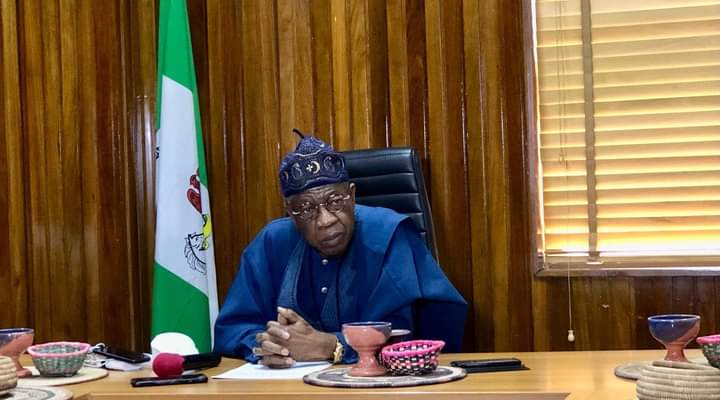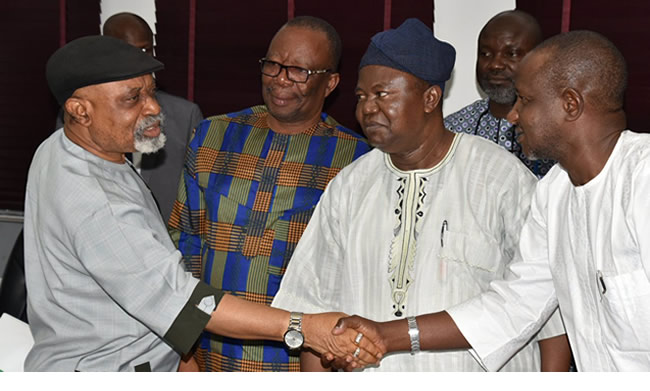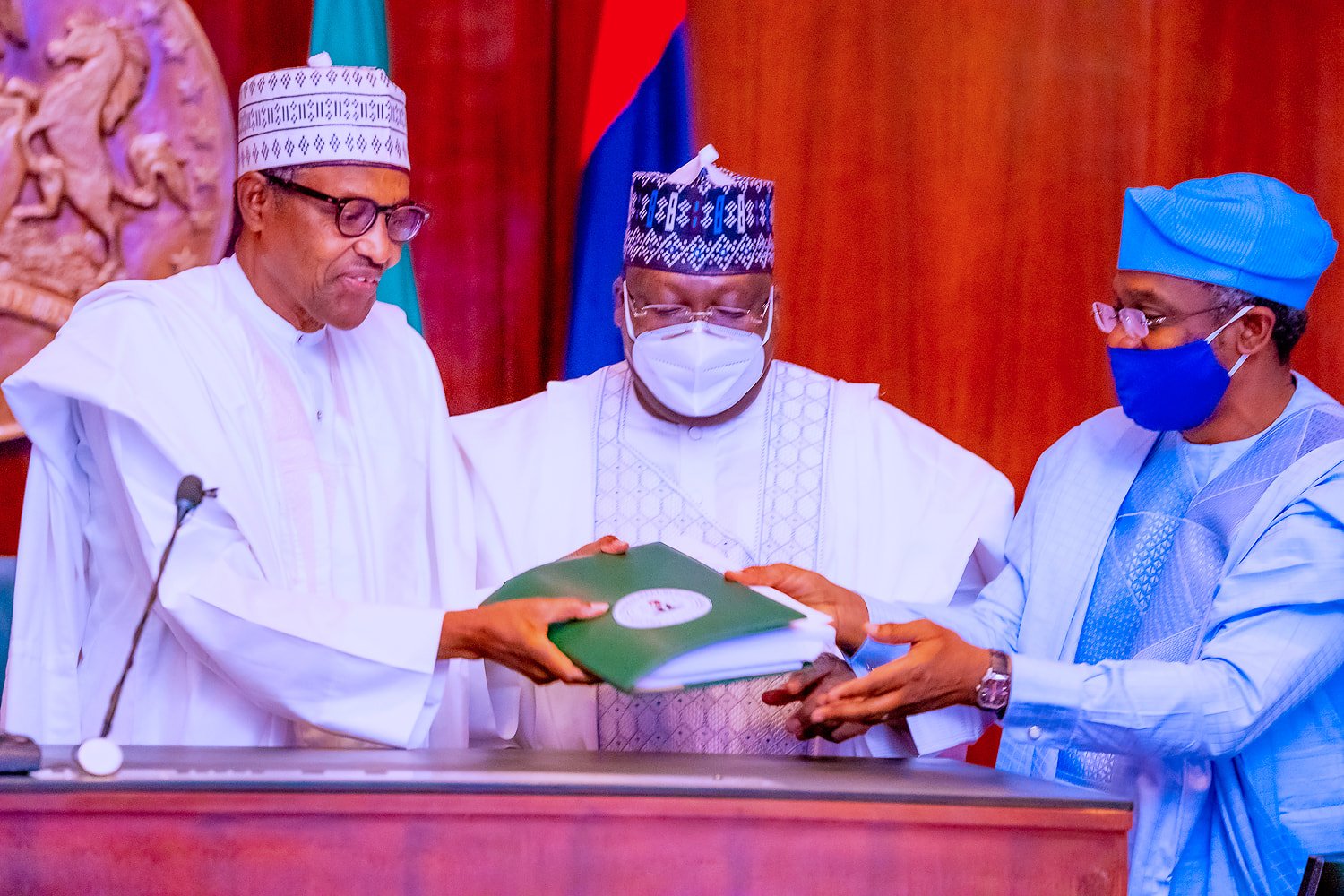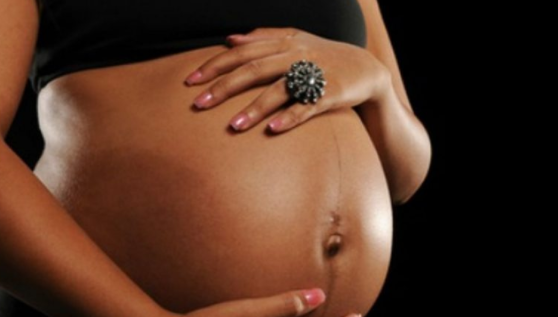BY ABOLORE MUJAHID
President Muhammadu Buhari’s approval of the reconstitution of the National Broadcasting Commission (NBC) board, announced on Wednesday, should re-invite industry and public attention to the commission. If for no other reason, it should be for the relationship between the NBC and minister of information and culture, Lai Mohammed.
Appointed to chair the NBC board following the expiration of the tenure of the former one is Lateef Bolarinwa, a former caretaker chairman of All Progressives Congress (APC) in Kwara state, where Mohammed hails from. Backed to the hilt by the minister, Bolarinwa had sought to become substantive chairman of the party.
The bid fell flat, as the state governor, Abdulrazak Abdulrahaman, with whom the minister duelled for party machinery control, backed a different candidate. The party split down the middle and during its state congress, the faction loyal to Mohammed held a parallel one at which Bolarinwa emerged chairman. However, the APC caretaker extraordinary convention planning committee (CECPC) declined to recognize the process that produced him, giving its nod to the one held by the governor’s faction.
Advertisement
There are valid reasons for putting Bolarinwa’s appointment as NBC board chairman under the headlights of public scrutiny because the relationship between the minister and the commission continues to arouse industry-wide suspicions. Tonie Iredia, a former director-general of the Nigerian Television Authority (NTA) and media law expert, was one of the first to sound the alarm on the relationship between the minister and NBC.
Iredia had accused the minister of stripping the commission of the autonomy it should enjoy, accusing him of taking over its regulatory functions.
Speaking on Sunrise Daily, the Channels Television flagship current affairs show, in March 2020, Iredia said: “Everybody expects a broadcasting commission to be an autonomous body that has no place in politics. If you listened to the news that has been put on since, who is speaking? The minister of information. Is he the director-general of NBC? The moment the minister is speaking, no matter how well informed he may be, the people become suspicious because he belongs to a political divide and whatever he is saying is likely to be used against the opposition and I think this is not a natural thing.”
Advertisement
Iredia also faulted the National Broadcasting Code, launched by Mohammed in Lagos the same month, saying it lacked credibility because it ignored input from critical stakeholders before its adoption.
“This time around, NBC just rolled out a number of things that it felt should be in the code and did not hold consultation with the stakeholders as the previous managers of the system did, where you first of all hold consultations and everybody would look at it, there will be a dummy, you bring it out at the tail end, there will still be another kind of review and all of that,” he said.
Iredia’s position was the same as that of industry stakeholders, who branded the code as agenda-driven and said they were excluded from making input it before launch. Among other controversial provisions, the 6th NB Code prescribes that every broadcaster must sub-license its broadcast and/or signal rights in any genre of programming to another broadcaster in Nigeria if “the genre of programme(s) enjoy(s) compelling viewership by Nigerians; it relates to a product or service that is objectively necessary to be able to compete effectively on a downstream market; or if it is likely to lead to the elimination of effective competition on the downstream markets”.
After Iredia, withering criticisms of the code were also delivered by other stakeholders such as the International Press Centre (IPC), Jason Njoku, founder of Iroko TV, and Nobel laureate, Wole Soyinka, who described it as “strangulatory” rather than regulatory.
Advertisement
Worse was to come. Five months after the code was launched, something previously unheard of in the broadcasting industry happened, with the NBC board at the time publicly accusing Mohammed of doctoring the bode.
At a press conference in Abuja, the board, headed by Ika Aliyu Bilbis, rejected Mohammed’s version of the code on the ground that it contained amendments that it was unaware of. It declared the code presented by the minister as illegal and unfit for use for the regulation of broadcasting in the country.
According to the board, the NB Code had been publicly presented in 2019 in Kano without those amendments and alleged that the minister had unilaterally implemented a review without consulting relevant stakeholders. Bilbis, who said he was speaking on behalf of the board as well as 55 institutions and stakeholders, including the Broadcasting Organisations of Nigeria (BON), Independent Broadcast Association of Nigeria (IBAN), said the board had received numerous letters conveying the rejection of the minister’s version of the code.
‘’The board of the NBC wishes to make it quite clear that as long as it is in place, the only NB Code that we recognize and which we shall work with in the setting of operating policies and standards for the NBC is the 6th edition of the NB Code, which was launched in 2019 in Kano. Any other purported review has no board endorsement and therefore cannot be utilised in regulating broadcasting in Nigeria.
Advertisement
‘’The danger of allowing the unilateral amendment of the NB Code to stand is that investors in the industry will lose confidence in the stability the broadcast ecosystem has enjoyed till date before the advent of the current minister of information,’’ Bilbis said.
He noted that the code is reviewed quadrennially with multi-stakeholder input from NBC staff, former directors-general, retired directors of the commission and other relevant industry stakeholders. He also stated that no minister of information had ever interfered in the process leading to the review of the code until Mohammed.
Advertisement
“After the 2019 presentation of the 6th code (which is the present one), the honourable minister has acted alone with just a handful of his loyalists who have written a new NB Code that has created uproar in the industry, threatening to destroy investments and lead to job losses,” Bilbis stated.
He added that the minister’s version was at variance with every known criterion of due process and inclusiveness of stakeholders.
Advertisement
“The director overseeing the office of the DG of the NBC has equally made insinuations that the board endorsed the amendments culminating in its ‘public presentation’ on March 26, 2020, at the L’eola Hotel in Lagos. Nothing can be farther from the truth.
“The ‘public presentation’ was actually attended by serving directors in the NBC, one former DG of the NBC, a member representing the ministry of information and only four selected stakeholders. When compared with over sixty (60) stakeholders that attended the 2019 presentation in Kano, there is a wide gap in industry representation,’’ said the former NBC board chairman.
Advertisement
Reacting to the board’s position, Iredia, in an interview on Arise News, called on NBC to start the code review process anew because of the credibility issues.
“If a code has been unveiled by the minister, who is the supervising authority of the regulatory body, and the board of directors of that organisation comes out in a press conference to say what the minister was unveiling is illegal, I don’t think we ought to waste too much time in putting this behind us by starting afresh because it is obvious that something is wrong,” Iredia said.
Now, with Bolarinwa, a Mohammed partisan, installed as chairman of the NBC board, there are licit reasons to suspect that the commission may end up being owned — lock, stock and barrel– by Mohammed.
The implication is that the industry no longer has a sandbag, as the former board, to protect it against whatever the minister’s agenda is. Mohammed is on record as wanting more powers for NBC, including the regulation of social media and internet broadcasting. Last June, the house of representatives attempted to amend the laws establishing the NBC and the Nigeria Press Council (NPC).
The bills, sponsored by Olusegun Odebunmi (Ogo Oluwa/Surulere federal constituency), passed second reading and public hearing before they were suspended following public outrage. At the public hearing of the bills, civil society organisations and media stakeholders rejected a major part of the amendment, citing attempts to shrink civic space in the country.
Akin Akingbulu, executive director of the Institute for Media and Society, said NBC should not be receiving directives from the minister. More vigilance is required now that the minister’s man will run the NBC show.
Mujahid, an independent producer/public affairs analyst, writes from Lagos
Views expressed by contributors are strictly personal and not of TheCable.






